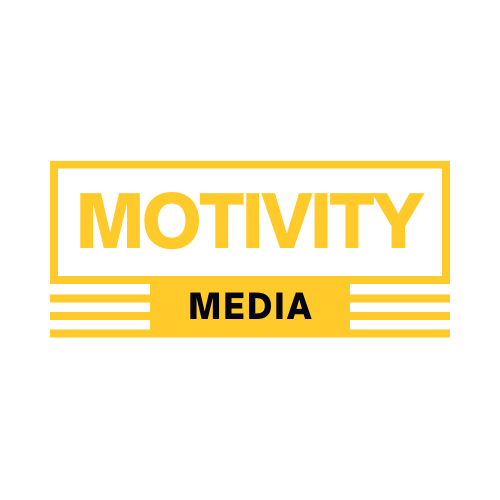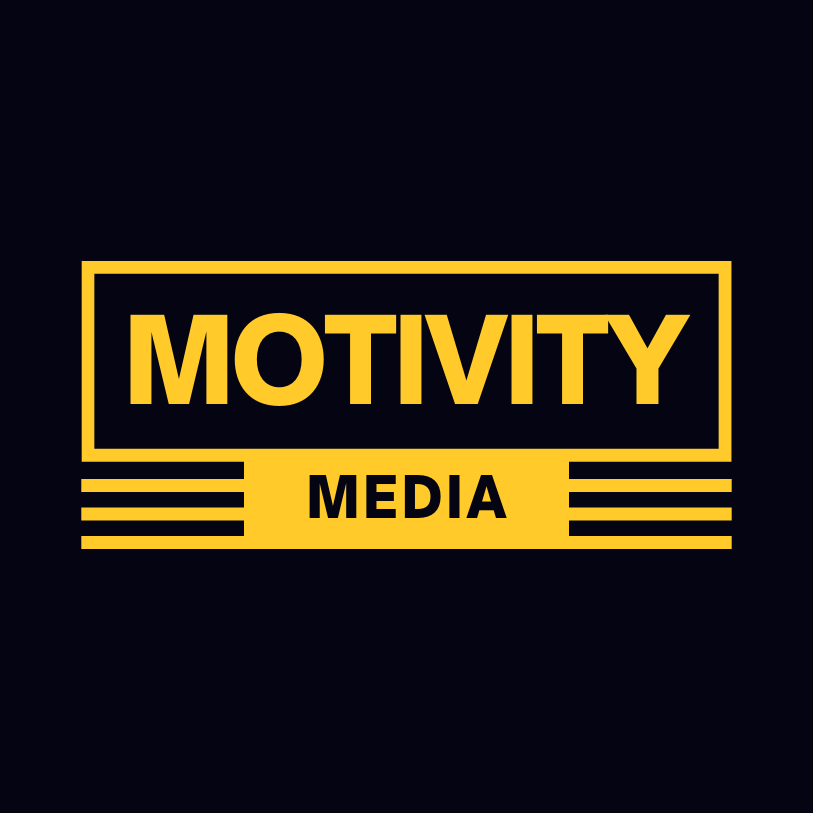The False Progress of Unaligned work
Feeling busy but unproductive is a common experience in today's workplace. It creates a costly and unproductive energy leakage in most organizations.
We tick tasks off our lists, fill our days with meetings, and leave feeling exhausted yet unfulfilled. This sense of false progress can be attributed to unaligned work, which creates the illusion of productivity without contributing to the organization's goals.
Unaligned work often involves repetitive, low-impact tasks that don't require significant skill or creativity. It can involve administrative tasks, data entry, or attending meetings that lack a clear agenda or purpose.
While these tasks may keep you occupied, they don't contribute meaningfully to the organization's mission or strategic objectives.
Engaging in unaligned work can have several negative consequences. It can lead to decreased motivation and engagement. Employees who feel their work is not meaningful are less likely to be motivated and engaged, resulting in decreased productivity, lower quality work, and higher absenteeism.
Unaligned work consumes valuable time and resources that could be better spent on more strategic initiatives. When employees are bogged down with unimportant work, they have less time and energy to focus on innovation and creativity, which are essential for organizational success.
A constant focus on the purpose of your role creates a powerful guide for how to expend time and resources.
“Keep looking straight ahead, without turning aside.” Proverbs 4:25
If you find yourself feeling busy but unproductive, it's important to take steps to identify and address the root cause. Here are some tips:
Talk to your manager: Discuss your concerns about your workload and whether there are opportunities to take on more meaningful tasks.
Identify your priorities: Align your daily tasks with your organization's goals and objectives.
Learn to say no: Don't be afraid to decline tasks that are not aligned with your priorities or that could be delegated to others.
Focus on outcomes, not just outputs: Don't just focus on completing tasks; focus on the impact your work is having on the organization.
Many organizations find the false progress created by unaligned work costly. Defining organizational goals as individual expectations for each employee will help them create safeguards against falling prey to the false sense of progress inherent in unaligned work. An organization will thrive when key stakeholders are aligned and make daily progress toward meaningful work.

